She made imperiousness feel as light and glancing as a chiffon scarf: Maggie Smith, who died on Sept. 27 at age 89, had a sterling, acclaimed career onstage and in the movies long before she began playing chaperone aunties and benevolent boarding-school witches. But she’s one of those rare actors whose second and third acts brought them greater fame than the first. Smith won Oscars in 1969 and 1978, for her roles in, respectively, The Prime of Miss Jean Brodie and California Suite. But she found new ways to use her gifts as the years rolled on, cultivating an air of frosty charisma that audiences loved. If she’s best remembered for playing the peppery assistant headmistress Professor Minerva McGonagall in the Harry Potter movies, and the spectacularly deadpan dowager countess Violet Crawley on Downton Abbey, that’s a testament to her extraordinary gifts rather than a failure to recognize their scope. Smith, as comfortable with Shakespeare as with pop children’s literature, made every movie and TV show she appeared in just that much better. She had the bearing of royalty and the eyes of a comedienne; no actress has been greater at playing characters who love to stir the pot—but gently.
You can lament that too many people know a certain class of great English and Irish actors—from Michael Gambon to Richard Harris to Smith—only from the Harry Potter films. But how wonderful that younger audiences got to know them at all! Especially considering how many actors, even terrific ones, scramble for roles in their later years. And is it ever too early to start schooling the youth in the value of dry understatement? In Harry Potter and the Deathly Hallows, Part Two, Smith’s Professor McGonagall works her magic to bring a set of stone warriors to life: “I’ve always wanted to use that spell,” she says, a flutter of schoolgirl pride in her voice. No wonder the line became a meme—but what’s even better is the beat that precedes it. As McGonagall, Smith’s face lights up with a flash of surprise; not even she had thought this arcane incantation was going to work. Sometimes a great line is all about the setup, and Smith knew it.

Maybe, too, Harry Potter fans who have taken their hero’s inherent curiosity to heart will wonder what Smith was like as a young performer, and investigate further. In The Prime of Miss Jean Brodie, her performance as a Scottish schoolteacher who fills her students’ heads with dreams—even as her own blind spots include a fascination with fascism—is a quiet, shimmering marvel. As Miss Brodie greets “her girls” on the first day of class, she exhorts one new student to tell a little bit about herself. As the girl prattles on about her success as a Girl Guide, adept at tying knots, Brodie interrupts deftly: “For those who like that sort of thing, that is the sort of thing they like.” Her delivery has both the dryness of an ancient dinosaur bone and the sparkle of Champagne. This isn’t just smart, graceful acting; it’s the sort of thing that makes you bow down in wonder.

Smith used her gifts to the fullest across numerous career transitions. In Neil Simon’s California Suite, she’s wickedly sublime as Diana Barrie, a snooty English actress who’s been nominated for an Academy Award for her role in a dumb comedy—and who, though she initially pretends not to care, is crushed when she loses. Smith’s performance shifts from comedy to plaintiveness with the subtlety of leaves rustling in the autumn light. When Diana confronts her husband, played by Michael Caine, accusing him of not loving her enough (he’s gay, and this not-so-secret secret is part of the dynamic of their marriage), he reassures her in the best and most honest way he knows how: “I love you my angel, more than any woman I’ve ever known.” She replies with a wisecrack that seems to radiate from her very soul: “Christ. I can’t get a break.” Diana is a woman who knows what’s what. And still, with a single line, Smith shows us what it means to want something you know in your heart is not for you to have.
The list of Smith’s movie performances, big and small, is far too long to summarize adequately. She played Desdemona opposite Laurence Olivier’s Othello; the two would show up together again years later in the Saturday-afternoon fantasy extravaganza Clash of the Titans, with Smith as the goddess Thetis. She played bit roles in Agatha Christie adaptations like Death on the Nile and Evil Under the Sun; seeing her turn up was always a delight. She played dignified aunties in movies like Washington Square, A Room with a View, and Gosford Park, though nothing Smith ever did was mechanical. Every role she took on had a bright, distinctive spark. And though most people are less likely be familiar with her stage performances, you can get some idea of her genius by having a look at Bed Among the Lentils, the Alan Bennett monologue she performed as part of the playwright’s BBC Television series Talking Heads in 1987.

All those Maggie Smiths combined would have been plenty. But in 2010, she took on a role that would exponentially increase her fame. Like McGonagall, Smith’s Violet Crawley became a bounteous source of memes. Even those who have never watched an episode of Downton Abbey—or either of the two movie spinoffs—are probably familiar with Smith’s delivery of the line, “What is a weekend?” as gloriously arch as the most magnificent flying buttress known to mankind. The character of Violet Crawley allowed Smith to gather her numerous gifts and have some fun with them: we could marvel at her imperial carriage (who would believe she stood only 5’5”?), her mastery of the withering glare, her knack for handling a cutting observation, pinkie up, as if it were the most delicate porcelain vessel. There’s no need for Smith’s longtime fans—even for those who have loved her since the 1960s—to tut-tut about the fact that her later roles brought her the greatest fame. Think, instead, of how she received those late-career blessings and, as if by magic, scattered them back at us, purely for our enjoyment.

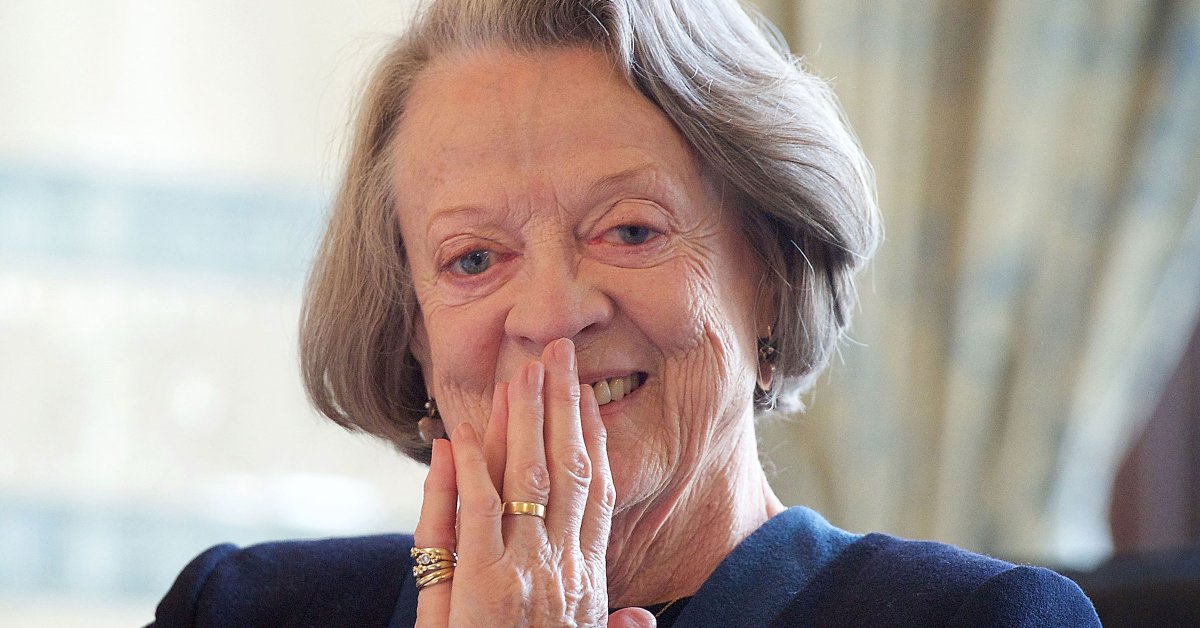
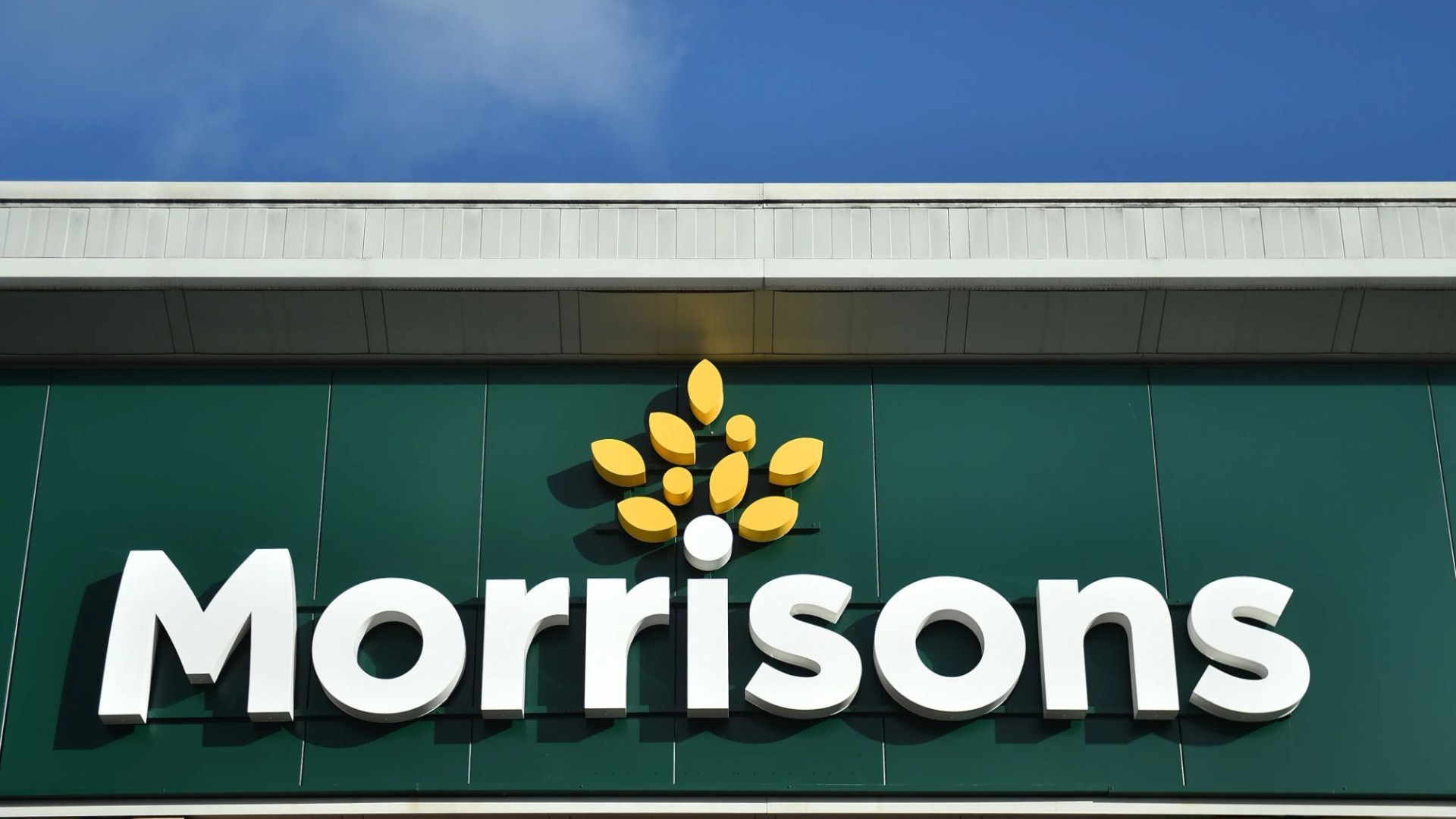







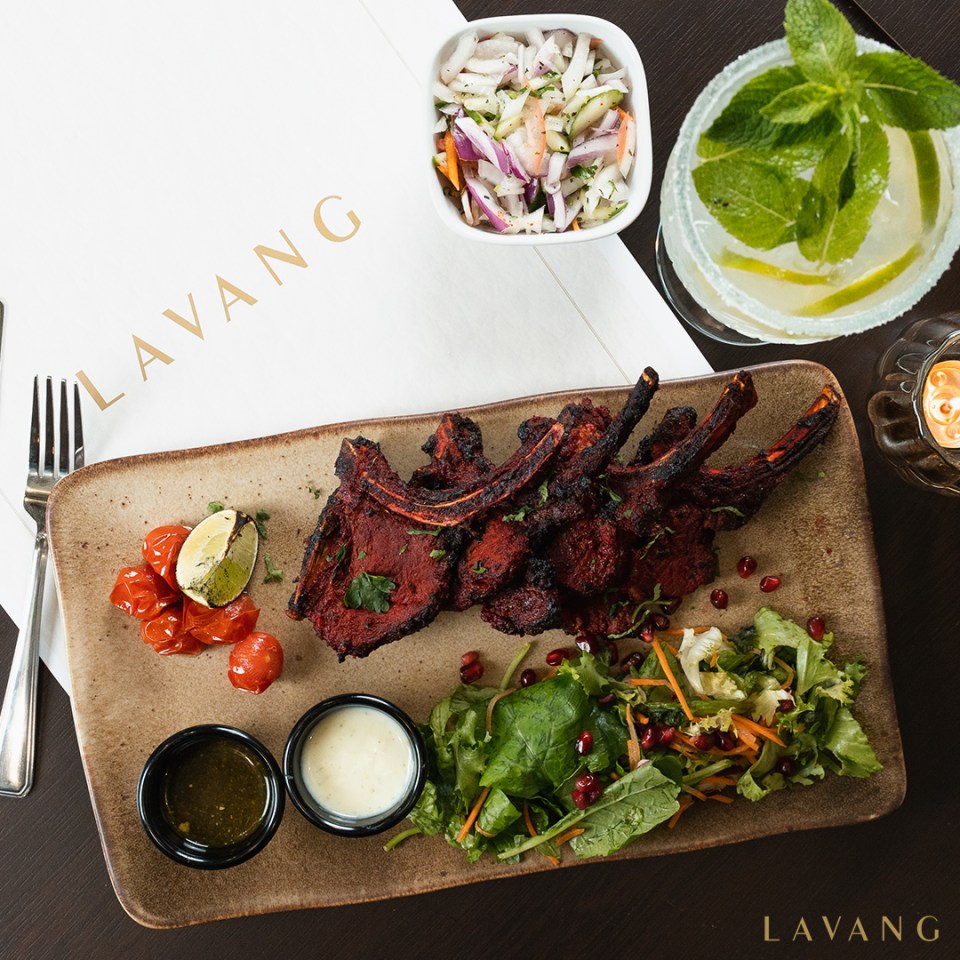

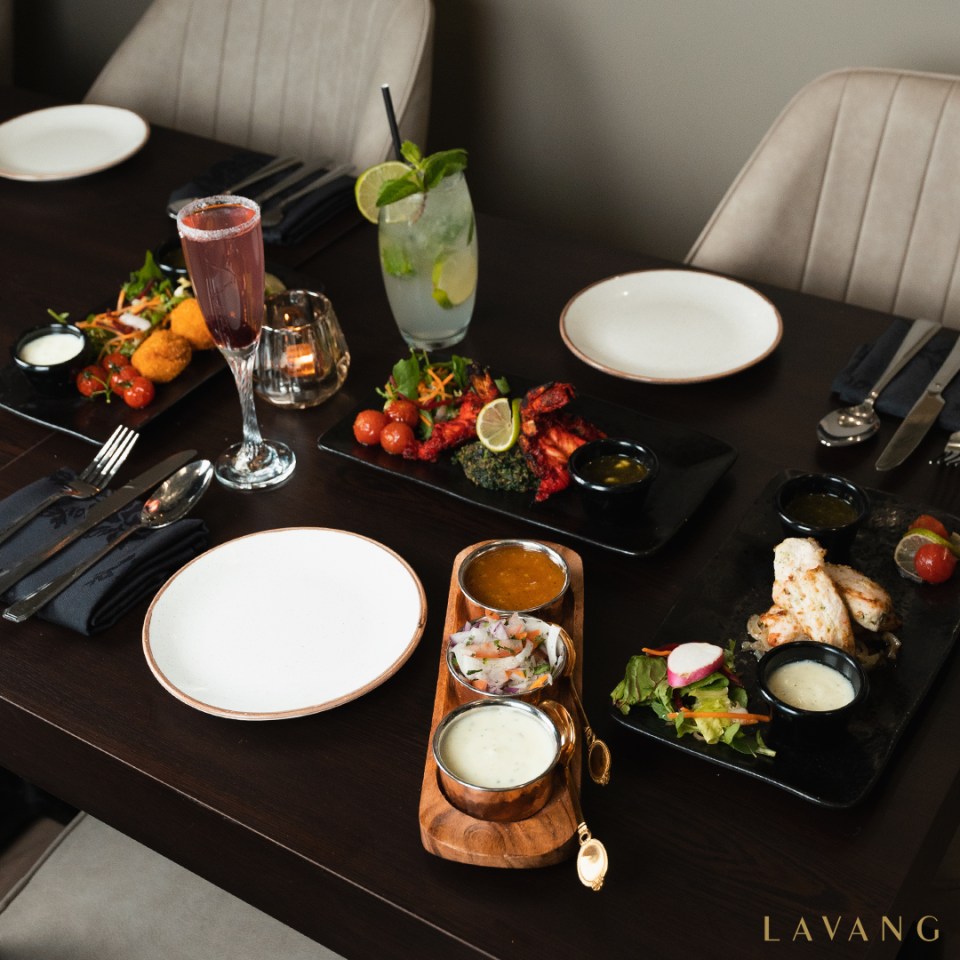
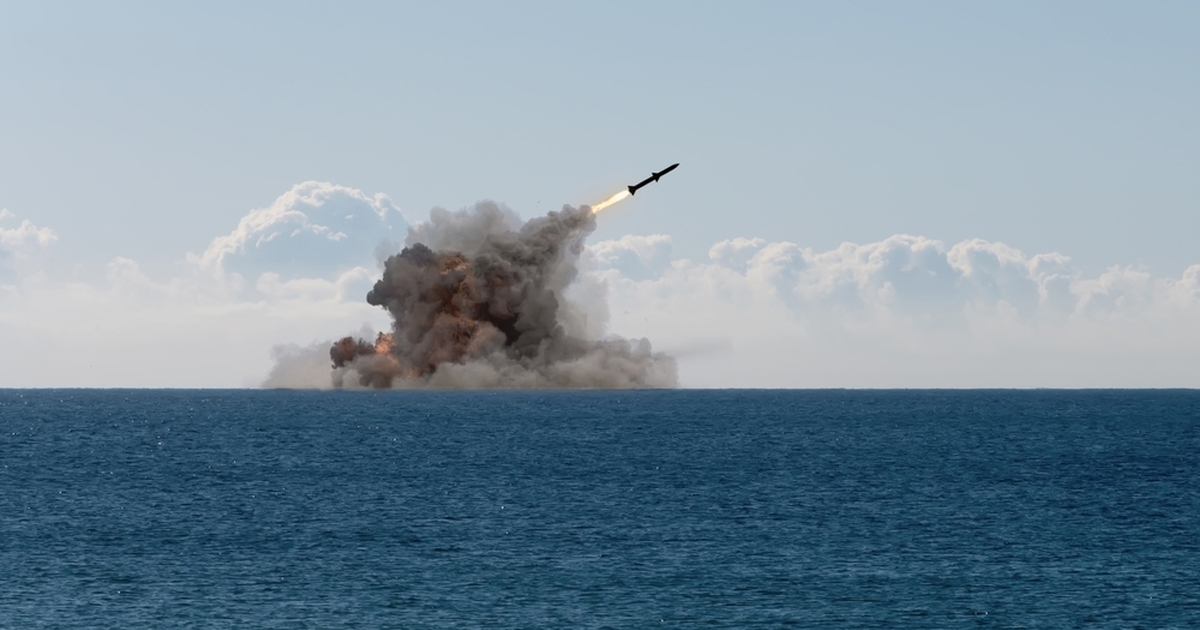

































































































































You must be logged in to post a comment Login